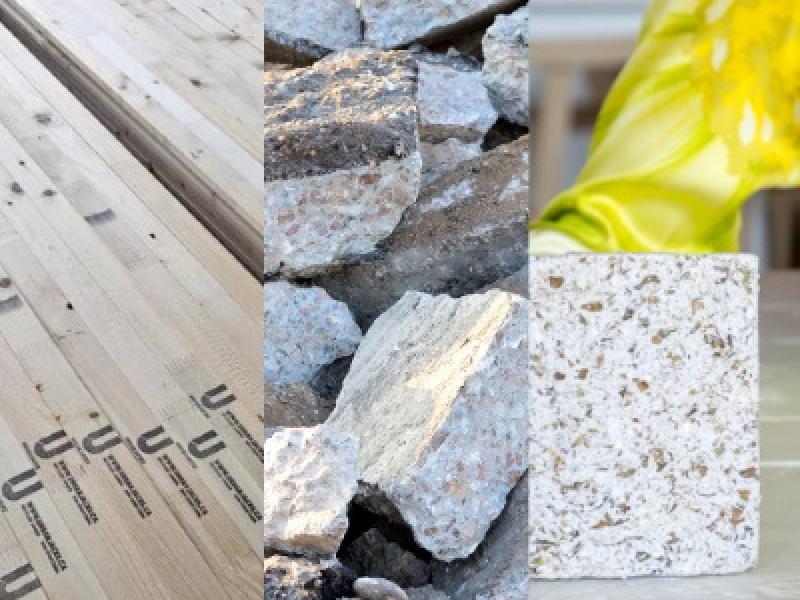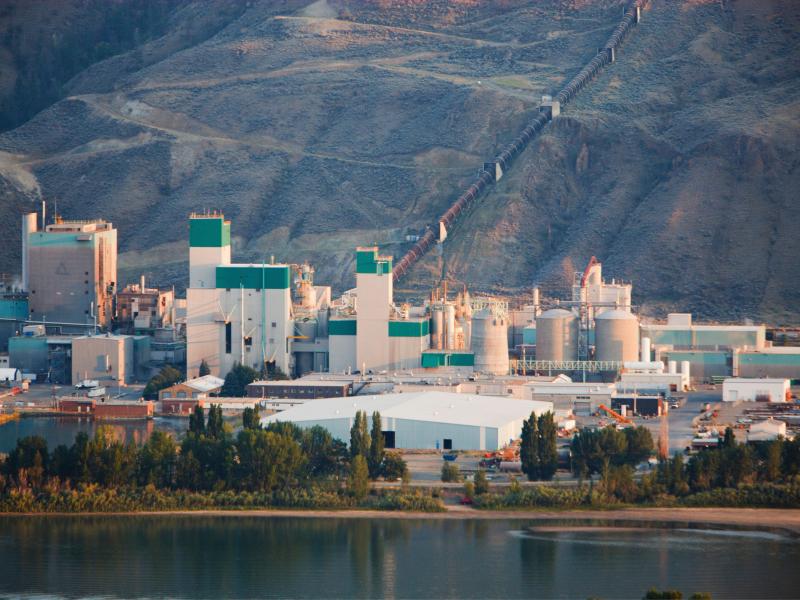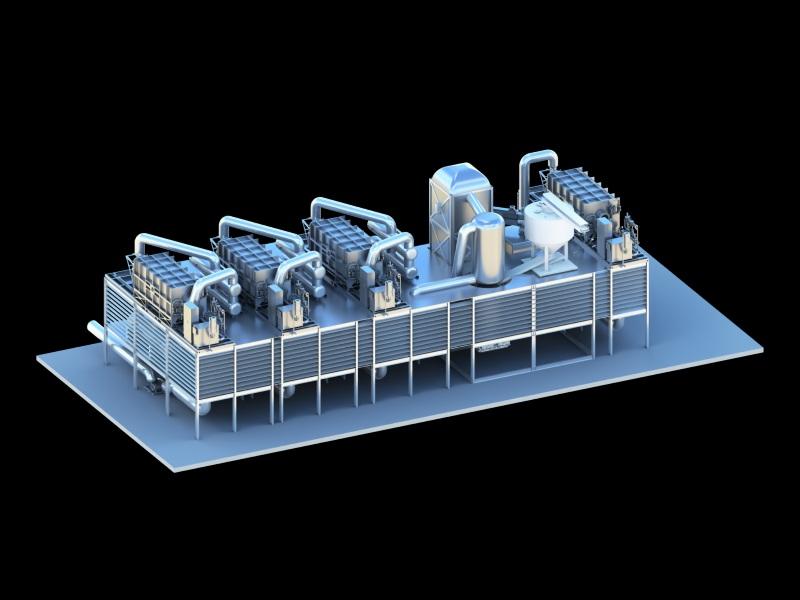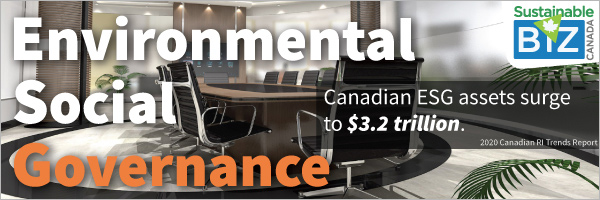Recent Articles
Alberta craft brewer gets funding for carbon recycling system
Craft brewer gets funding for carbon recycling system
Alberta is piloting a project aimed at reducing emissions, including through the process in which your beer is made. Through government funding, Blindman Brewing will install carbon dioxide capture and reuse technology in the fermentation process to reduce GHG emissions.
Honda targets 100% EV sales in N.A. by 2040
• Canada Newswire • Environmental Leader • H2 View
Honda announced key targets for sales of electrified vehicles in North America, with a plan to make battery-electric and fuel cell electric vehicles represent 100 per cent of its vehicle sales by 2040, progressing from sales of 40 per cent by 2030 and 80% by 2035.
The road to electric vehicles is paved with disruption
• GreenBiz
Proponents of electric vehicles acknowledge the many technological, management, political and consumer challenges that lie ahead. In any transition of this complexity and scale, not everything will go according to plan and several significant disruptions await widespread EV adoption.
EV metal rush pits miners against marine biologists
• Mining
Controversial plans to mine the ocean floor face a key test this year when the International Seabed Authority unveils rules that could spur the exploitation of hundreds of billions of dollars of battery metals needed to power the electric-vehicle revolution.
‘Floating laboratory’ on quest for zero-emission shipping
Shipping company CMA CGM is partnering with Energy Observer, a hydrogen-powered vessel and “floating laboratory”, on a round-the-world journey with a goal of furthering alternative-energy research, large-scale deployment of hydrogen and raising public awareness of zero-emission technologies.
 |
Sponsored by When it comes to corporate sustainability planning, “prize effort over perfection” |
COVID-19 has caused abrupt and immense changes in corporate direction and operations across Canadian workplaces. However, it has not succeeded in diminishing the call for companies to accelerate their corporate sustainability or ESG (environmental, social, governance) responsibilities.
Freshwater salt pollution threatens water security: Study
Drivers of freshwater salt pollution such as de-icers on roads and parking lots, water softeners, and wastewater and industrial discharges further threaten freshwater ecosystem health and human water security, according to a recently published study in the journal Nature Sustainability.
Mi’kmaq lead billion-dollar sea change
Last fall, Mi’kmaq harvesters were met with violence as the Sipekne’katik First Nation launched its “moderate livelihood” fishery. Out of the tension-filled season, a historic deal was reached establishing the Mi’kmaq as an economic broker in the region.
Glass buildings singled out as climate disasters
They have become perhaps the most emblematic hallmarks of the fast-rising vertical metropolis of the 21st century: soaring towers, both offices and condominiums, draped in sheets of glass of varying hues, their gleaming facades sometimes punctuated by cursory balconies.
Avison Young in pilot measuring buildings’ technology
• Avison Young News Release • RENX
Avison Young is testing the Building Owners and Managers Association of Canada (BOMA Canada), BOMA BEST Smart Buildings Certification Program in 15 buildings in various markets, including Toronto’s Avison Young-managed 390 Bay Street to measure how technology and sustainability impact tenant experience.
The top microgrid misconceptions debunked
• Microgrid Knowledge • Microgrid Knowledge
Microgrids are too expensive, immature, and complex. The renewable energy component is not dependable and microgrids are no better than backup generators. These are the top three microgrid misconceptions that prevent businesses from installing microgrids.
EarthRenew sells power to cryptocurrency mining firm
• Globe Newswire • Sustainable Biz Canada
Alberta-based EarthRenew, focused on regenerative agriculture solutions with a secondary revenue source from electricity production, has signed a power sales agreement with a cryptocurrency mining company to provide off-peak power over a five-year term for the purposes of cryptocurrency mining.
ESG trends from GreenFin 21
• GreenBiz
As the push for ESG measurement and disclosure grows, demand for data and data analysis for ESG reporting is growing. From radical technical innovations, systems change and social impact, several key ideas are emerging to make sense of ESG reports.
Climate change could affect GDP more than pandemic
Canada will be $100 billion poorer by 2050 if the world doesn’t work harder to fight climate change, according to Jerome Haegeli, chief economist for Swiss Re. That drop in GDP is much higher than the economic effect of the pandemic.
Private sector is doing climate change heavy lifting
OPINION: Prime Minister Justin Trudeau went into this week’s global climate summit armed with ambitious new emission reduction targets. Corporate Canada will have to shoulder much of the load, and as things stand, the private sector is not ready.
Tesla’s US$100 million jolt into quest for carbon removal
In January, Musk announced his intention to offer US$100 million in Xprizes and set out the contest rules on April 22, Earth Day. What organizers called the “largest incentive prize in history” will last for four years through Earth Day, 2025.
Cities confront how to move from gas to electricity
• Yale 360
Ending the use of fossil fuels to heat buildings is a key challenge for cities hoping to achieve net-zero emissions. This is very evident in Philadelphia, where multiple hurdles and a reluctant gas company stand in the way of decarbonization.
Alberta halts coal exploration in Rocky Mountains
After receiving feedback from 25,000 people, the Canadian province of Alberta decided to halt all coal exploration projects on Category 2 lands, which cover a 90,000-square-kilometre area on the eastern slopes and Foothills of the southern part of the Rocky Mountains.
Toronto’s ravines get a makeover
Visitors to the lower reaches of the Don River might notice some decidedly unnatural features. A bank lined with rock-filled gabion boxes, armour rock, corrugated metal, pipes and outfalls, which attest to the river’s unspoken but primary function: open sewer.
Japan to tackle red tape to boost renewable energy
Japan is the world’s fifth-largest emitter of greenhouse gases. To meet its new target of cutting emissions by 46% by 2030 on fiscal 2013 levels, it will expand the use of rooftop solar, geothermal power, and quicker environmental assessment for wind power projects.
 Industry Events
Industry Events
-
ECO IMPACT 2026
Feb 19 2026
to Feb 20 2026
The Westin Calgary
-
BuildGreen Atlantic
Apr 27 2026
to Apr 28 2026
Halifax, NS
-
The Evergreen Conference
May 06 2026
to May 07 2026
Toronto, ON
-
Building Lasting Change
Jun 17 2026
to Jun 19 2026
Montréal, QC
-
Retrofit Canada Conference
Jun 24 2026
to Jun 25 2026
Halifax Convention Center











